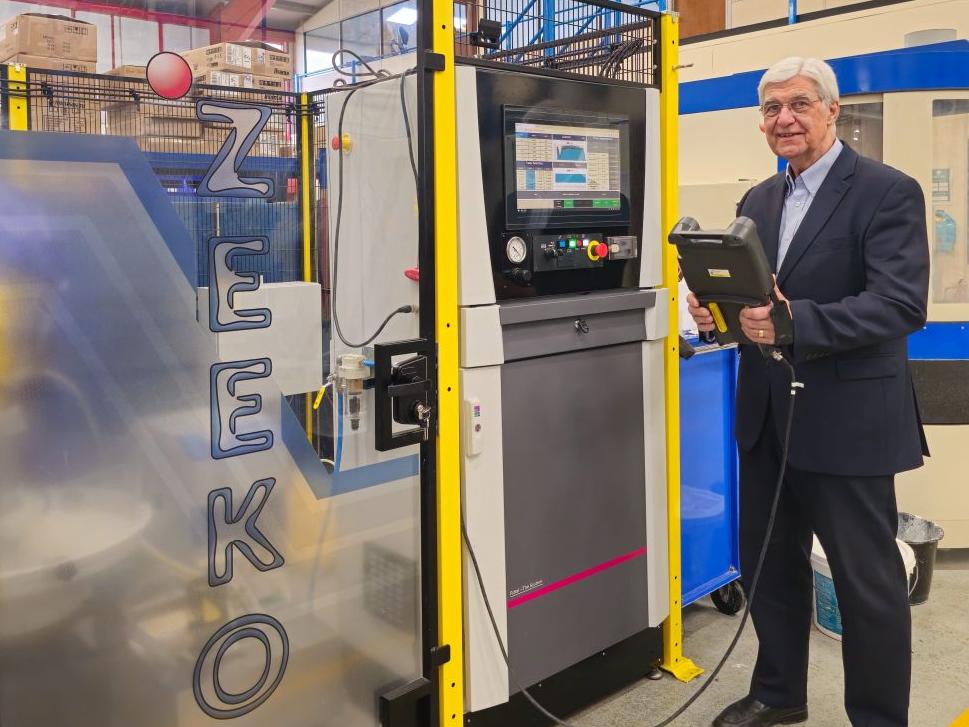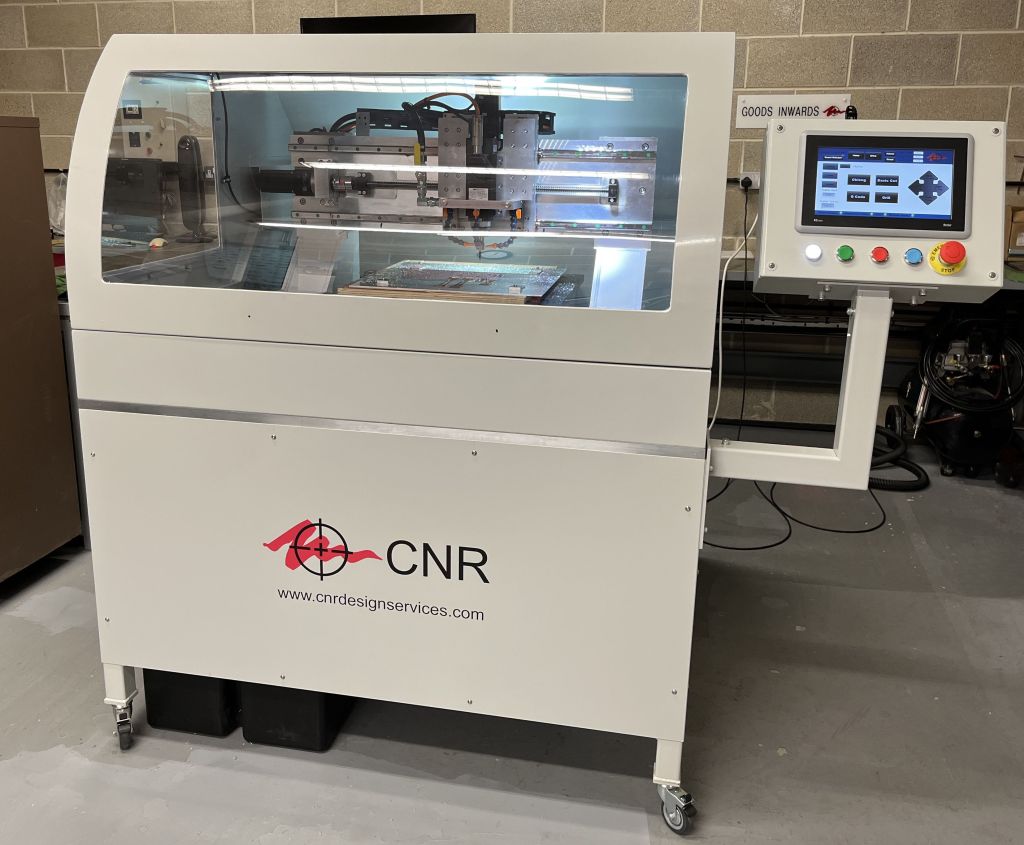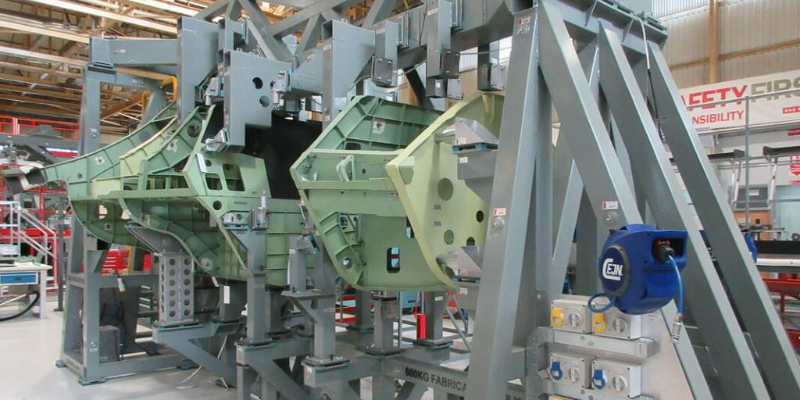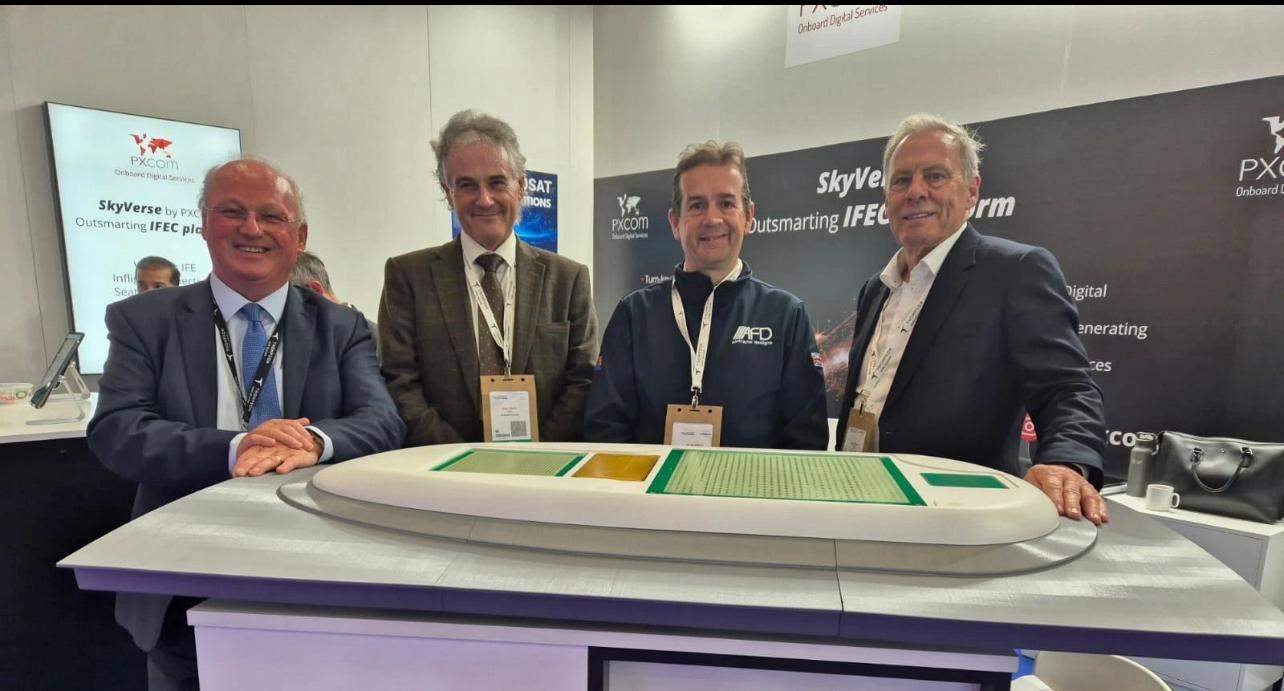
The MAA manifesto launched
20th Jun 2024 | In News | By Mike Richardson

Sixty representatives from across the MAA Board and its three expert working groups met on 1st May 2024 to establish 20 practical ways government can get behind the 1,000+ high-technology aerospace supply chain companies in the UK.
The MAA wants the industry to be more innovative, competitive and successful in global markets – and deliver high-quality jobs in UK regions while contributing new technologies and capabilities for reducing the environmental impact of aviation.
The MAA Board discussed and adopted the manifesto below at its quarterly meeting on 16th May. Since then, Government announced the 4th July general election.
20 practical ways government can help make the UK aerospace industry even more successful: the MAA manifesto:
Invest in the country’s people and develop the skills industry needs.
- Key proposal. Reform the apprenticeship system so local companies and colleges can work effectively in partnership, to give aerospace the influx of craft apprentices it needs to flourish.
- Help us bring graduate recruits into our smaller supply chain companies with short-term financial incentives, rather than having to turn to hiring experienced engineers from abroad.
- Inject funding into retraining and retaining existing staff engineers -- who are already committed to the industry.
- Connect advanced technology industries like aerospace to our schools through a national programme that is delivered locally – we can’t continue to rely on voluntary efforts when schools are already under-resourced.
Help companies invest with supportive finance policies.
- Key proposal. Help underwrite the capital investment plans of manufacturing companies that can show strong growth and export potential.
- Keep corporate tax rates as low as possible to encourage the overseas HQs of many of our big companies to continue to invest in the UK.
- Replace the current fragmented patchwork of different local small-business small-grant schemes with uniform, easy-to-understand schemes – even if some places do need more money in these schemes than others.
Support companies along the whole supply chain to invest in R&D, new technologies and new capabilities – the government currently concentrates virtually all its support for aerospace into R&D grants, yet very few R&D grants are awarded to smaller manufacturers.
- Key proposal. Broaden the scope of government support for R&D to include the manufacturing innovations all aerospace supply chain companies need to do to win new business in the global economy – make their projects, too, eligible for the significant direct funding support government already injects into the big companies and research institutions. (Recent Midlands Engine research revealed that despite government investing over £800m in aerospace R&D in the Midlands over the last ten years, only 14 of the 250+ high-technology aerospace manufacturers in the Midlands have been awarded any of these R&D grants.)
- Devolve substantial R&D and innovation funding to local leaders and business clusters which are best able to work with smaller companies in all regions; innovation isn’t all a top-down process and it can’t all be done from the centre.
- Put measures in place to ensure that all taxpayer-funded national R&D assets like the High Value Manufacturing Catapult and universities start to support the country’s manufacturing supplier base more effectively. Some receive substantial funding every year yet appear to have virtually no impact in the Midlands aerospace supply chain.
- Work hard with partner countries where government has influence – like the European Space Agency – to dramatically reduce the disproportionate administrative burdens of applying for R&D grants which actually hinder technology innovation.
Build resilient UK supply chains; make good use of government’s influence.
- Key proposal. Introduce measures to ensure that big companies that receive substantial government grants are committed to keeping their manufacturing supply chains – as well as a good portion of their own activities – in the UK.
- Make the development of short, resilient supply chains a key criterion in all relevant government decisions such as defence procurement.
Improve support for UK business in export markets: small changes that could make a big difference.
- Key proposal! Re-start small-grant export schemes and support for smaller companies to participate in overseas trade exhibitions.
- Ensure we have better-informed civil service decision-making for companies seeking defence export licenses; that way we can reduce bureaucracy and delays so we don’t lose the business.
- Build export policy around how the lower carbon footprint of UK energy production can be a global competitive advantage for energy-consuming UK manufacturers.
Make government better-informed; so it makes better decisions about industry.
- Key proposal. Make sure future Industrial Strategy takes proper account of the technology, sustainability and employment contributions our regional manufacturing supply chain companies can make. (The large companies and the research institutions that sometimes speak loudest are important but don’t actually speak for the supply chain companies which create substantial value too.)
- Talk with the MAA more; we’re keen to help policy makers – both elected and civil servants – have a better understanding of the UK’s globally competitive high-technology manufacturing industries like aerospace and make better policy.
- Build into policy the fact that many industries like aerospace are organised into regional and local economic clusters and mobilise these to stimulate innovation and growth across the UK – if we keep trying to do everything from the centre, top-down, we’ll never reach effectively into our manufacturing heartlands.
- Come and participate in our many networking and stakeholder activities – let’s build better bridges and collaborate even better. (You’ll be made very welcome!)
Consider a free digital subscription
If you find this article informative, consider subscribing digitally to Aerospace Manufacturing for free. Keep up to date with the latest industry news in your inbox as well as being the first to receive our magazine in digital form.










